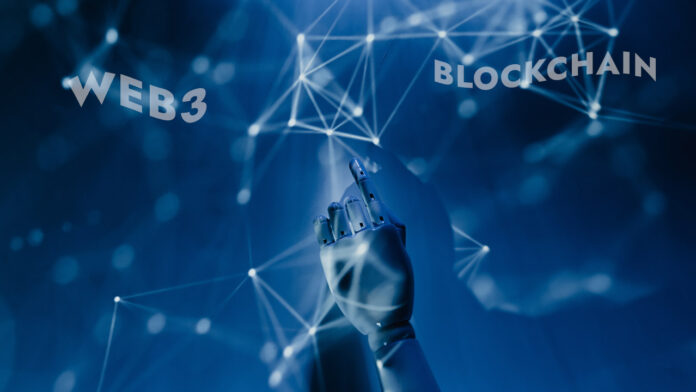The internet is entering its most radical transformation yet. Driven by blockchain technology, the emergence of Web3 marks a shift away from centralized control toward a decentralized, transparent, and user first digital world.
For businesses, this isn’t just a trend it’s the foundation for a new economic model built on digital trust, tokenized ownership, and open participation.
Centralization No More: Web3’s Vision of a Distributed Internet
In today’s Web2 landscape, data, services, and power are concentrated in the hands of a few big tech firms. Web3 changes that by distributing infrastructure and control across users via blockchain networks.
This decentralized structure enables freedom from gatekeepers, giving businesses direct access to communities without platform dependency.
Automated Agreements: Smart Contracts as Digital Middlemen
Smart contracts blockchain based scripts that execute automatically replace traditional intermediaries like banks, lawyers, or managers.
Businesses use smart contracts for:
- Automated payments
- Revenue sharing
- Supply chain tracking
- Licensing and content access
By removing manual oversight, smart contracts increase efficiency, trust, and cost savings across digital operations.
Community-Led Growth: DAOs as the New Business Entity
Web3 introduces DAOs (Decentralized Autonomous Organizations) businesses governed by their members instead of executives. In DAOs, decisions are made via voting powered by tokens.
This model promotes:
- Transparency in governance
- Equal participation from stakeholders
- Real-time adaptability based on community needs
DAOs are pioneering a new era of community capitalism, where value is distributed not concentrated.
Tokens: Digital Assets Driving Loyalty and Monetization
Web3 businesses create value through custom tokens, which can function as currency, access passes, rewards, or voting tools.
These tokens unlock new monetization models such as:
- Earn-to-participate programs
- Crowdsourced funding via token sales
- NFT-based products and memberships
For digital entrepreneurs, tokens represent a tool for alignment, retention, and engagement.
Rethinking Applications: The dApp Movement
Decentralized apps or dApps operate on blockchain instead of traditional servers. They’re open-source, permissionless, and resistant to shutdowns.
Key industries embracing dApps include:
- Finance (DeFi platforms)
- Social networking (user-owned feeds)
- Gaming (play-to-earn economies)
- Content (creator-first platforms)
dApps allow businesses to go global from day one, without being tied to tech monopolies.
Data Belongs to the User: Privacy at the Core
One of Web3’s most revolutionary promises is user data ownership. With decentralized identities and blockchain wallets, users can control who accesses their information.
For businesses, this means building systems that are:
- Consent based
- Encrypted and secure
- Incentivized through trust and value exchange
Privacy is no longer a legal checkbox it’s a strategic advantage.
The Roadblocks Ahead: What’s Holding Web3 Back?
Web3 still faces challenges that hinder widespread adoption:
- Complicated interfaces and onboarding
- Regulatory ambiguity across regions
- High gas fees and scalability concerns
- Security exploits in smart contract code
Yet with active developer communities, improved UX designs, and policy engagement, these barriers are gradually being addressed.
The Future Is Open: Why Web3 Is More Than a Buzzword
Web3 is not a temporary wave it’s the foundation of the next digital economy. By empowering creators, rewarding users, and decentralizing control, it opens the door to sustainable, equitable digital businesses.
Those who start adapting today will be tomorrow’s leaders not just of tech, but of a new kind of internet economy.



